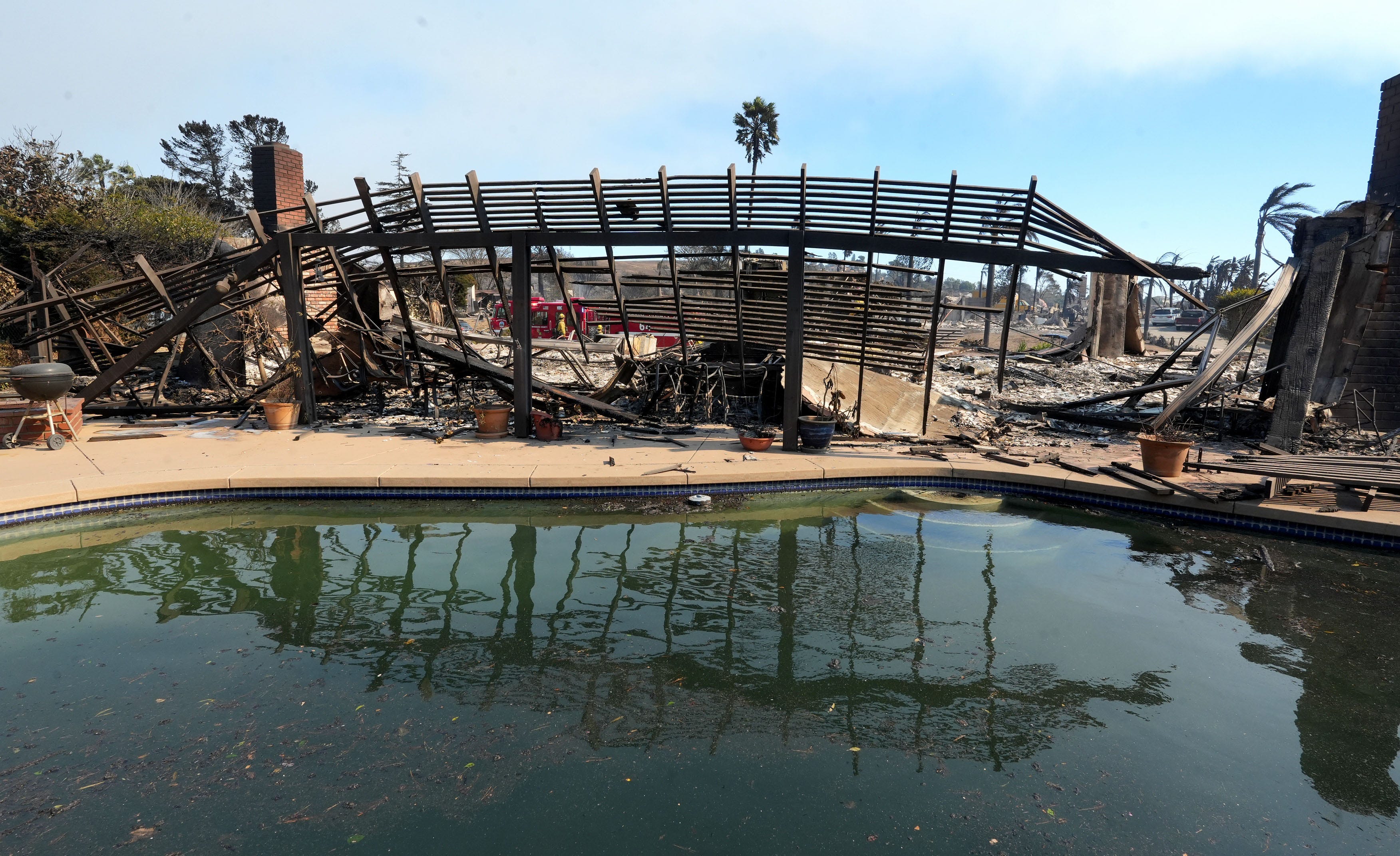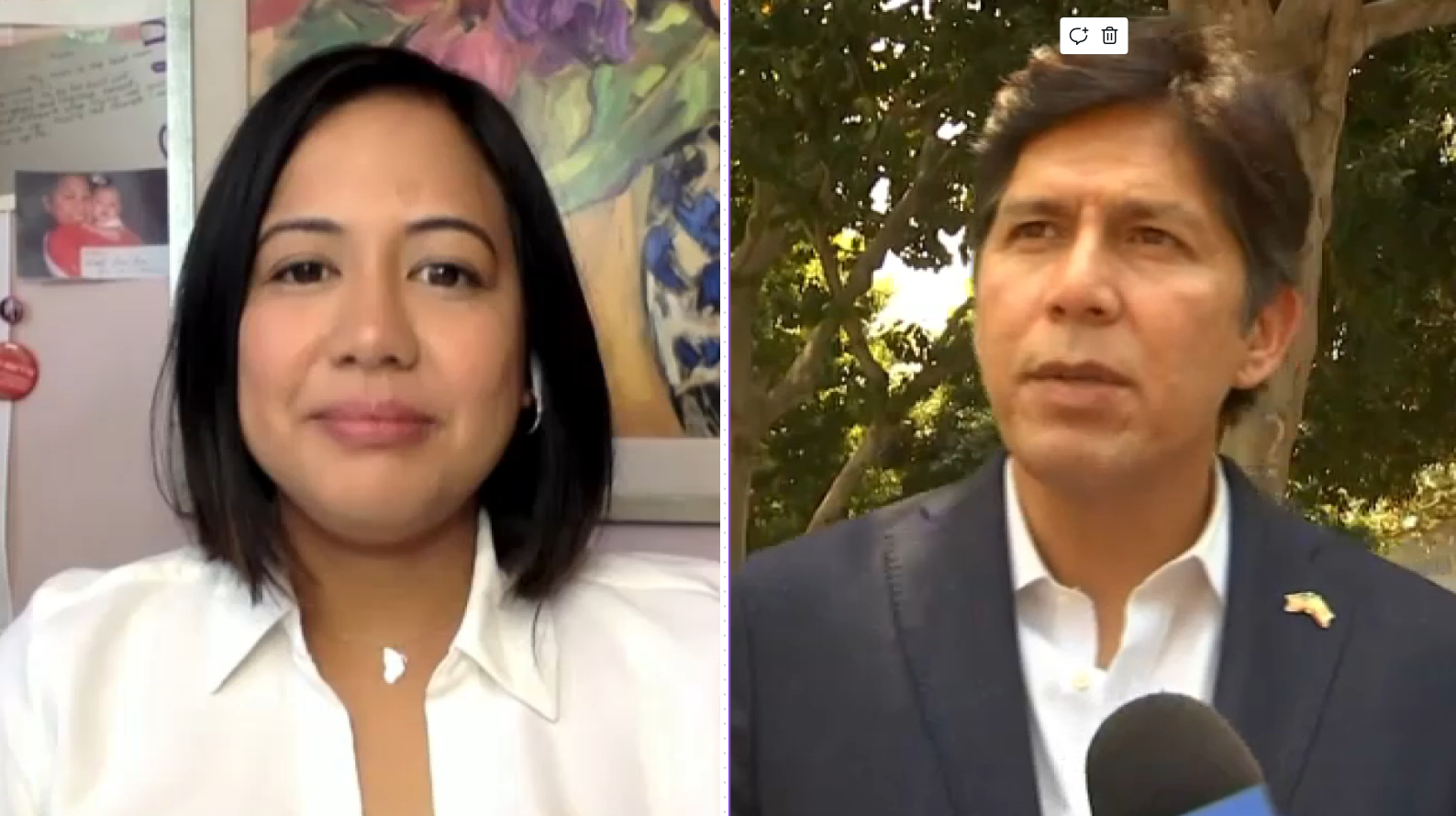Even though there have been no measles cases connected to elementary or secondary schools in Southern California, information reviewed by the I-Team suggests there are more parents and children using certain exemptions to opt out of vaccines.
Each fall schools across the state are required to report if their students are up to date with their immunizations.
Those in day care, kindergarten, K-12 need immunizations to enter school, according to clinical nurse specialist Alice Benjamin.
The California Department of Public Health says the rate of medical exemptions has tripled since the end of personal belief exemptions in 2016. During the 2017-2018 school year, 95 percent of kindergartners had all required vaccines, enough to keep most outbreaks from spreading, according to the CDPH.
The number of students with permanent medical exemptions, meaning a licensed doctor signs off that a child has a reason he or she cannot get immunized, went up dramatically compared to the year before. The increase comes after California got rid of personal belief exemptions in 2016.
Health officials say the rate of medical exemptions tripled. These medical exemptions account for less than one percent of school children statewide and tend to be concentrated in certain communities putting kids in those areas at risk for disease spread, the state says.
"To get the medical exemption, it needs to be a physician, an MD or a DO," said Alice Benjamin, a clinical nurse specialist. Schools are responsible for checking that medical exemptions are valid.
News
Top news of the day
A check of a location or ZIP code on this website shows schools that have all required vaccines pop up. You can also find those listed most vulnerable, with less than 80 percent of students fully vaccinated. Lawmakers are looking into having state public health officials rather than doctors decide who qualifies for medical exemptions. Benjamin believes in a balanced approach.
"I think there should be policies and procedures and systems in place to make sure nothing gets missed," she said. "And we are checking and know what the right hand and left hand is doing. But bottom line is the physician should make the ultimate decision."
It is an emotional and personal issue, but also one deemed with potential public health risks.
"People will say it's not life threatening, no one is going to die," Benjamin said. "Well really, who is going to decide that? I mean you don't want to roll the dice on this."
There are cases of when these exemptions are deemed inappropriate. Those are investigated by the two state medical boards. The Medical Board of California says the number of complaints for allegations of inappropriate vaccination exemptions has gone up since last year, going from 41 in 2018 to 60 in the first four months of 2019.
Supporters of the proposal law change say pockets of unvaccinated students are helping to spread measles outbreaks.
Opponents say California SB276 could limit educational access for some students, and take the decision making away from a family doctor with more knowledge of the health of a child under new proposal, doctors would certify that they examined the patient and then send the state health department the reason they are recommending the exemption.
For more information on the requirements for vaccinations, go here.



